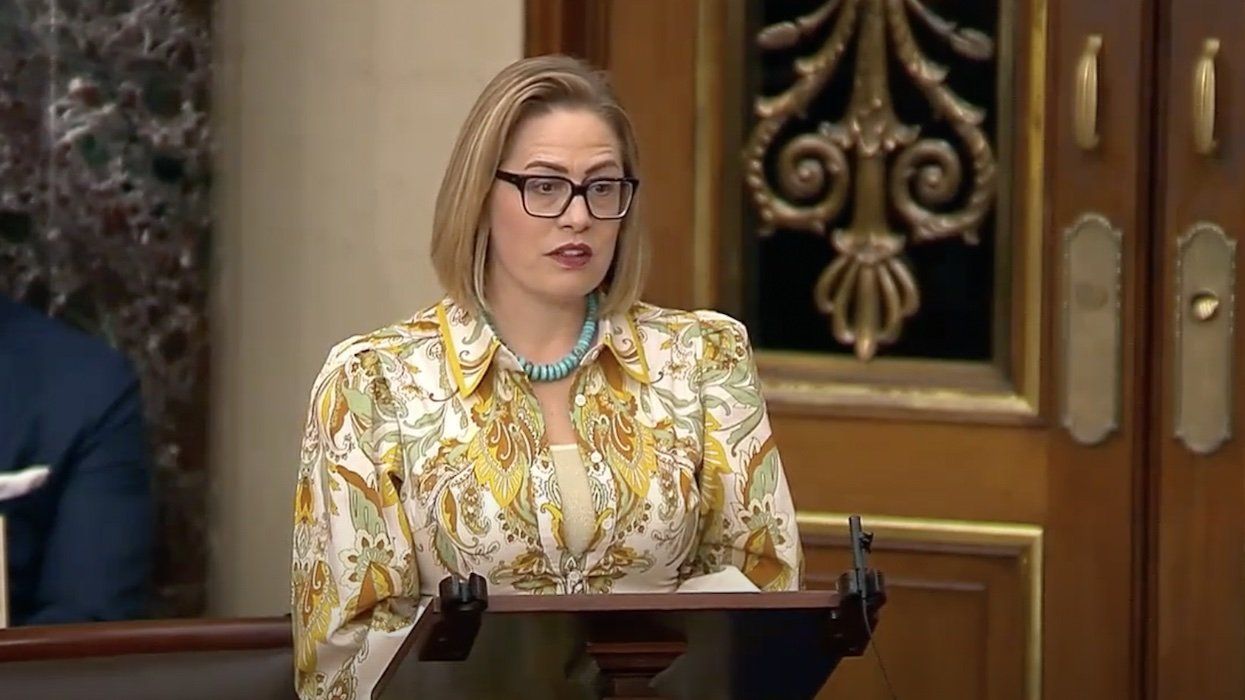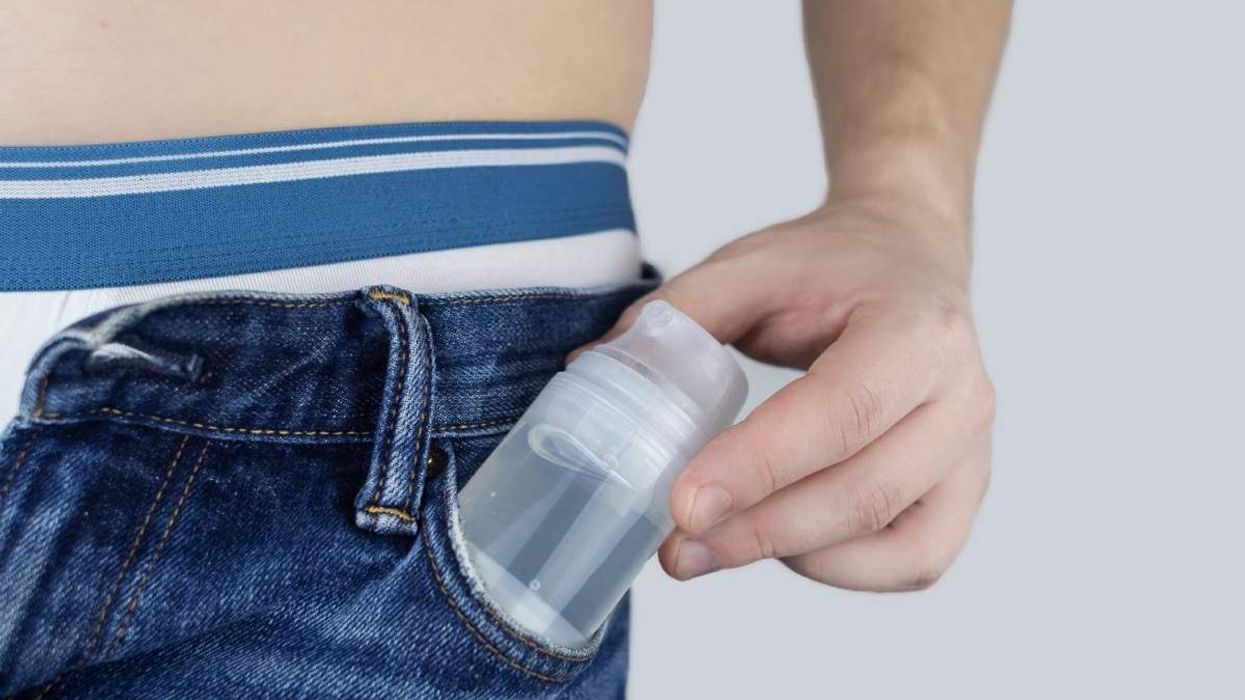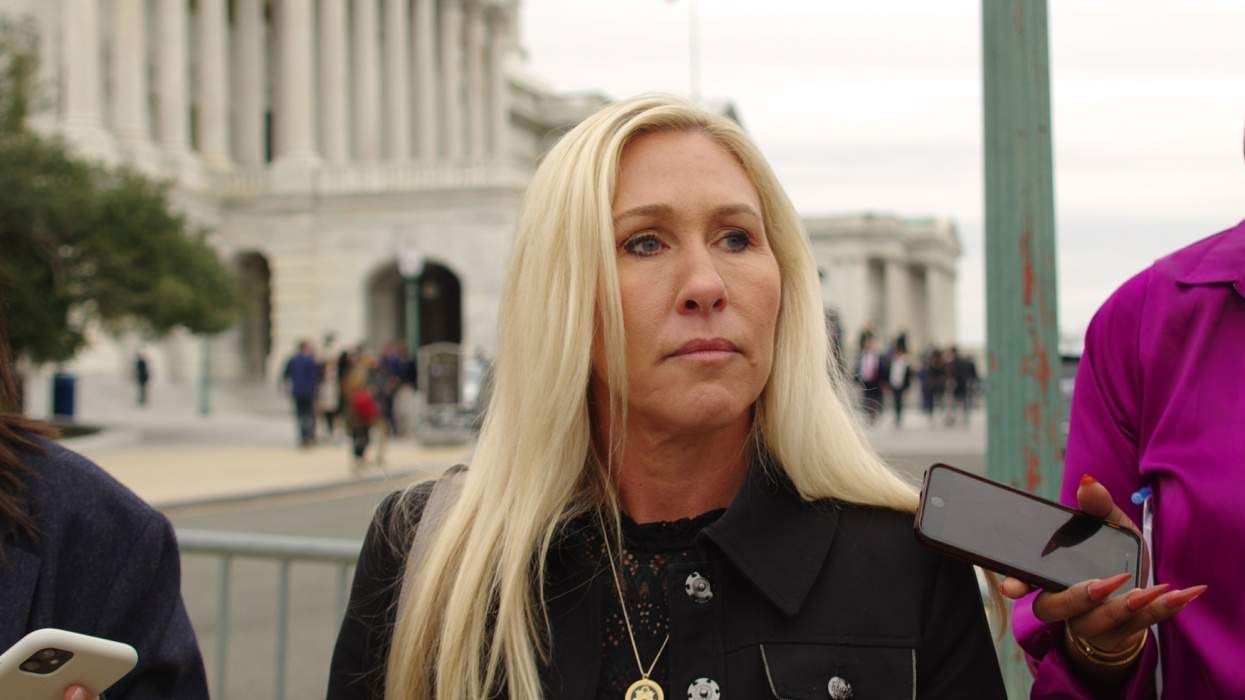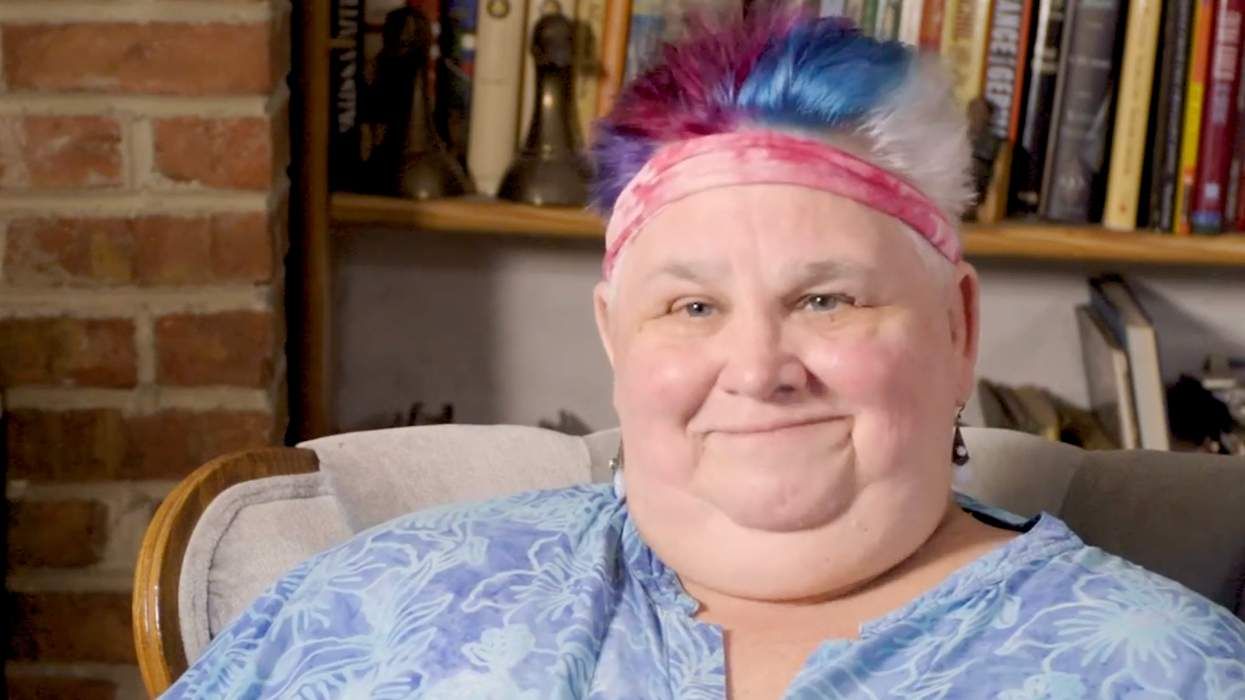WASHINGTON -- The Obama administration's Department of Justice has released new rules to combat the epidemic of sexual assault in the nation's prison system, a crisis that disproportionately affects LGBT inmates, as the agency specifically addressed Thursday.
The new rules coincide with a presidential memorandum mandating that the Prison Rape Elimination Act, a law passed by Congress with overwhelming bipartisan support nearly a decade ago, applies to all U.S. correctional and detention facilities (the Justice Department has been finalizing rules pertaining to the law over the past several years).
"Sexual violence, against any victim, is an assault on human dignity and an affront to American values," President Obama wrote. "To advance the goals of PREA, we must ensure that all agencies that operate confinement facilities adopt high standards to prevent, detect, and respond to sexual abuse."
While LGBT advocates have hailed the Justice Department rules as a significant step forward in protecting vulnerable gay and transgender inmates, questions remain about why DOJ's PREA regulations, which it has spent years and millions of dollars developing, do not directly apply to the nation's immigration detention facilities that hold approximately 32,000 people every day. (For more on this issue, read The Advocate's Eight Months in Solitary report.)
Rather, as detailed by the Justice Department, the Department of Homeland Security, which oversees those immigration facilities, will be tasked with creating its own standards compliant to the law. The presidential memo instructs all agencies with confinement facilities to report their own rules on sexual assault to the attorney general.
Allowing DHS to issue its own standards has been a point of contention for dozens of immigrant and LGBT advocacy groups, which have stressed, in part, that the process creates two separate sets of standards for facilities housing both inmates and immigrant detainees.
On a conference call with reporters, senior administration officials asserted that standards for detention facilities would be best formulated by Homeland Security officials, who will be issuing new proposed regulations within 120 days, followed by a public comment period. It's unclear when those standards would be finalized, though such rules would require independent audits to ensure they comply with PREA.
"DHS will move swiftly to promulgate these regulations and will work with the attorney general and others to ensure that the regulations satisfy the requirements of the statute," DHS spokesman Peter Boogaard said in a statement.
For the nation's prisons and jails, the rules released Thursday detail specific, crucial reforms around LGBT and intersex inmates, from pat-down search protocol to the use of segregated facilities.
"There has been a lot of discrimination and violence against LGBT inmates in correctional facilities," a senior Justice Department official said Thursday, "and DOJ has devoted a lot of attention in this rule to LGBTI issues because of these unique vulnerabilities."
Among the final rules pertaining to gay, transgender, and intersex inmates, per DOJ:
-Agencies must train security staff in conducting professional and respectful cross-gender pat-down searches and searches of transgender and intersex inmates.
-Transgender and intersex inmates must be given the opportunity to shower separately from other inmates.
-In deciding whether to assign a transgender or intersex inmate to a facility for male or female inmates, and in making other housing and programming assignments, an agency may not simply assign the inmate to a facility based on genital status.
-LGBT and intersex inmates cannot be placed in dedicated facilities solely on the basis of their sexual orientation or gender identity.
Timed with the final rules, the Bureau of Justice Statistics released sobering figures Thursday on the incidence of prison rape among gay and bisexual inmates. According to a survey of former state prisoners conducted in 2008, 39% of gay male inmates reported that they had been assaulted by a fellow inmate, compared to 3.5% of heterosexual male inmates.
About one third of bisexual male inmates also reported that they had been sexually assaulted, while lesbian inmates reported incidents of sexual violence perpetrated by staff at twice the rate of female heterosexual inmates. The survey did not include transgender individuals, who by all accounts are among the most vulnerable to sexual assault in prison.
"This is absolutely lifesaving work," Mara Keisling, executive director of the National Center for Transgender Equality, said of the Justice Department's rules. "Transgender people are 13 times more likely to be assaulted in prison. ... This is about how we protect vulnerable people, how we protect against HIV transmission, and how we end the misery and horror of sexual assault in prison."
Chris Daley, deputy executive director of Just Detention International, also praised the Justice Department's rules, saying that "if effectively implemented, the PREA standards will require LGBT cultural competency training for staff, better recognition of transgender prisoners' gender identity, and safer housing assignments."
But, Daley added, "It is incredibly disappointing that these DOJ policies aren't also applicable to immigration detention facilities as Congress intended."
Earlier this year, Immigration and Customs Enforcement, a division of Homeland Security that oversees detention facilities, released new standards on detainee treatment. The rules, which officials claim will be implemented in all publicly and privately run facilities by year's end, include improvements for LGBT detainees, such as better access to hormone therapy for transgender individuals, as well as greater scrutiny in the use of segregating LGBT detainees, who are often placed in isolation for all but a few hours in the day.
But some immigration attorneys who work with LGBT detainees have been skeptical of ICE's own ability to enforce such reforms. "The standards seem like pie in the sky at this point," Rosalba Davis, a former staff attorney for Immigration Equality who is now in private practice, told The Advocate earlier this month. "Each detention center operates like its own fiefdom and doesn't feel bound by the national standards. I hope this changes, though. I hope the detention centers start realizing that treating detainees humanely and with dignity is not difficult."
In April a broad coalition of immigration, labor, religious, and LGBT groups wrote to White House Domestic Policy Council director Cecilia Munoz, urging that standards promulgated by the Justice Department apply to immigration facilities.
"Requiring DHS to create its own PREA-compliant standards is ... not a viable alternative,"wrote the coalition, which included the National Council of La Raza, the United Methodist Church, and the National Gay and Lesbian Task Force. "It has taken ICE 5 years to develop [its own standards] and during this time it was fully aware of the concurrent development of the PREA regulations. ... To wait for ICE to undergo a separate process of developing its own PREA-compliant standards would be highly duplicative and inefficient."
Of immigration detention facilities, Keisling of the National Center for Transgender Equality said Thursday following release of the rules, "We're going to keep working to make sure that DHS does the right thing to stop assault."
Full text of the Justice Department's executive summary as it pertains to LGBT and intersex inmates is below:
Lesbian, Gay, Bisexual, Transgender, Intersex (LGBTI) and Gender Nonconforming Inmates. The standards account in various ways for the particular vulnerabilities of inmates who are LGBTI or whose appearance or manner does not conform to traditional gender expectations. The standards require training in effective and professional communication with LGBTI and gender nonconforming inmates and require the screening process to consider whether the inmate is, or is perceived to be, LGBTI or gender nonconforming. The standards also require that post- incident reviews consider whether the incident was motivated by LGBTI identification, status, or perceived status.
In addition, in a change from the proposed rule, the final standards do not allow placement of LGBTI inmates in dedicated facilities, units, or wings in adult prisons, jails, or community confinement facilities solely on the basis of such identification or status, unless such placement is in a dedicated facility, unit, or wing established in connection with a consent decree, legal settlement, or legal judgment for the purpose of protecting such inmates. As in the proposed standards, such placement is not allowed at all in juvenile facilities.
The standards impose a complete ban on searching or physically examining a transgender or intersex inmate for the sole purpose of determining the inmate's genital status. Agencies must train security staff in conducting professional and respectful cross-gender pat-down searches and searches of transgender and intersex inmates.
In deciding whether to assign a transgender or intersex inmate to a facility for male or female inmates, and in making other housing and programming assignments, an agency may not simply assign the inmate to a facility based on genital status. Rather, the agency must consider on a case-by-case basis whether a placement would ensure the inmate's health and safety, and whether the placement would present management or security problems, giving serious consideration to the inmate's own views regarding his or her own safety. In addition, transgender and intersex inmates must be given the opportunity to shower separately from other inmates.


































































Charlie Kirk DID say stoning gay people was the 'perfect law' — and these other heinous quotes